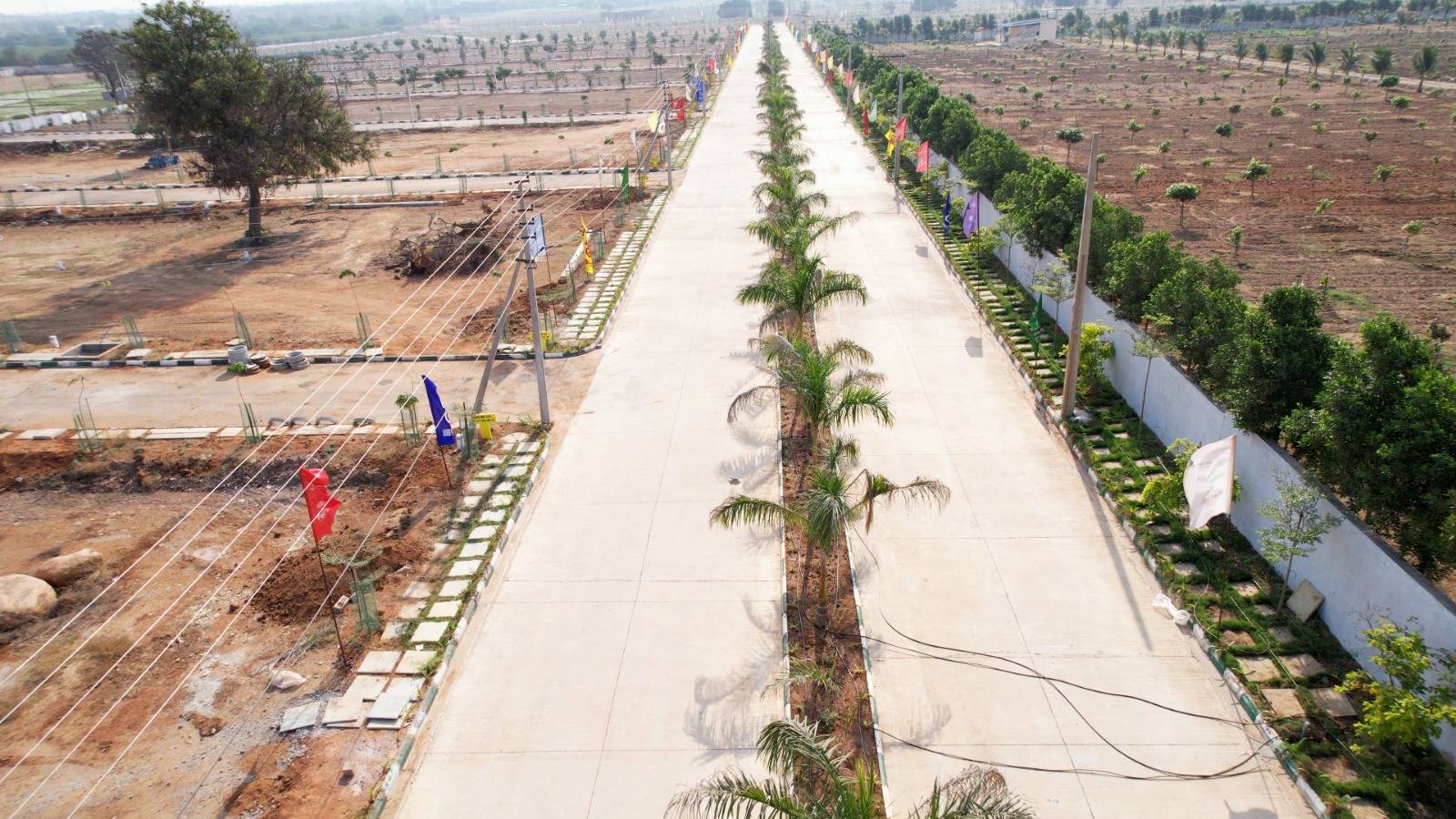The plotting business refers to the development and sale of land plots, often as part of gated communities or standalone investments. This sector of real estate has gained immense popularity in recent years, especially as urbanization drives demand for residential and commercial spaces. With low initial capital requirements compared to building developments, the plotting business presents a lucrative opportunity for investors and real estate developers alike.
1. Understanding the Plotting Business
Plotting involves purchasing large tracts of land, subdividing them into smaller plots, and then selling these plots to individuals or investors. Typically, these plots are located on the outskirts of cities or in rapidly developing areas. The plots can be sold for various purposes, such as residential housing, commercial use, or agricultural development, depending on the zoning regulations and market demand.
Why invest in the plotting business?
- Lower investment risk compared to full construction projects.
- High potential for appreciation, especially in growing urban areas.
- Flexible options for buyers, whether for immediate development or long-term investment.
2. Key Markets for Plotting Business
Several cities in India are witnessing rapid expansion, making them prime locations for the plotting business. Cities like Hyderabad, Bangalore, Pune, and Visakhapatnam are seeing increased demand for land due to their growing IT, industrial, and real estate sectors. Hyderabad, in particular, offers an ideal market with areas like Shadnagar, Sadashivpet, and Aleru being notable for gated community open plot ventures.
Prime areas for plotting business:
- Shadnagar: Growing as a real estate hotspot due to its proximity to Hyderabad and excellent infrastructure.
- Shabad and Sadashivpet: Emerging residential and commercial areas with high appreciation potential.
- Aleru: Ideal for long-term investment with growing interest from both investors and developers.
3. Steps to Start a Plotting Business
Venturing into the plotting business involves several key steps to ensure success and profitability:
a. Land Acquisition
The first step is to identify and purchase large tracts of land in areas with growth potential. Look for locations with infrastructure development plans, such as highways, industrial zones, or IT corridors. You’ll need to evaluate factors like proximity to major cities, future development prospects, and land prices.
b. Land Surveying and Subdivision
After acquiring land, a thorough survey should be conducted to divide the land into smaller plots. Depending on the market demand, these plots can vary in size. It’s important to ensure that the plots meet local zoning and building regulations.
c. Development and Infrastructure
Many successful plotting businesses invest in providing basic infrastructure, such as roads, water supply, electricity, and drainage systems, to make the plots more attractive to buyers. Projects like True Highland and Vian Valley in Hyderabad offer gated community amenities like parks, street lighting, and 24x7 security, adding significant value to the plots.
d. Marketing and Sales
Once the plots are ready, marketing efforts should target potential buyers such as homeowners, real estate investors, and commercial developers. Highlight the benefits of investing in plots, such as high appreciation, the flexibility of usage, and the potential for future development.
4. Benefits of the Plotting Business
The plotting business offers several advantages over other real estate ventures, making it an attractive option for developers and investors:
- Lower Capital Requirement: Compared to constructing residential or commercial buildings, the capital needed to start a plotting venture is lower. This reduces financial risk while allowing for significant profit margins.
- Faster Returns: Selling land plots can provide quicker returns on investment as developers don’t need to wait for construction to finish.
- High Appreciation Potential: Land prices, especially in growing urban areas, tend to appreciate quickly. Investors who buy plots at an early stage of development often see substantial gains within a few years.
- Flexibility for Buyers: Buyers can purchase plots with the intent to develop immediately or hold the land for long-term investment, providing a broad market appeal.
5. Challenges in the Plotting Business
While the plotting business can be highly profitable, there are challenges that developers need to navigate:
- Legal and Regulatory Issues: Obtaining necessary approvals, adhering to zoning regulations, and ensuring clear land titles are critical. Legal complications can delay the development process or lead to disputes.
- Market Fluctuations: Like any real estate business, the demand for land plots can fluctuate due to market conditions, economic factors, or government policies.
- Competition: As the plotting business gains popularity, competition can increase, especially in prime locations. To stand out, developers may need to offer value-added features like gated communities, amenities, or better financing options for buyers.
Conclusion
The plotting business is a highly lucrative venture within the real estate sector, especially in fast-growing markets like Hyderabad, Bangalore, and Visakhapatnam. With the right strategy, including choosing the right location, offering essential infrastructure, and targeting the right audience, developers can achieve significant returns. Whether you’re a seasoned real estate developer or an investor looking for a low-risk, high-reward opportunity, the plotting business presents a compelling option in today’s market.
Now is the time to capitalize on the growth and expansion of urban areas by venturing into the plotting business.
To buy RERA certified DTCP & HMDA approved Gated Community Villa Open Plots Please Contact :
For Sales : 8179712384
Mail : sales@openplots.net
